SUMMARY
This is AI generated summarization, which may have errors. For context, always refer to the full article.
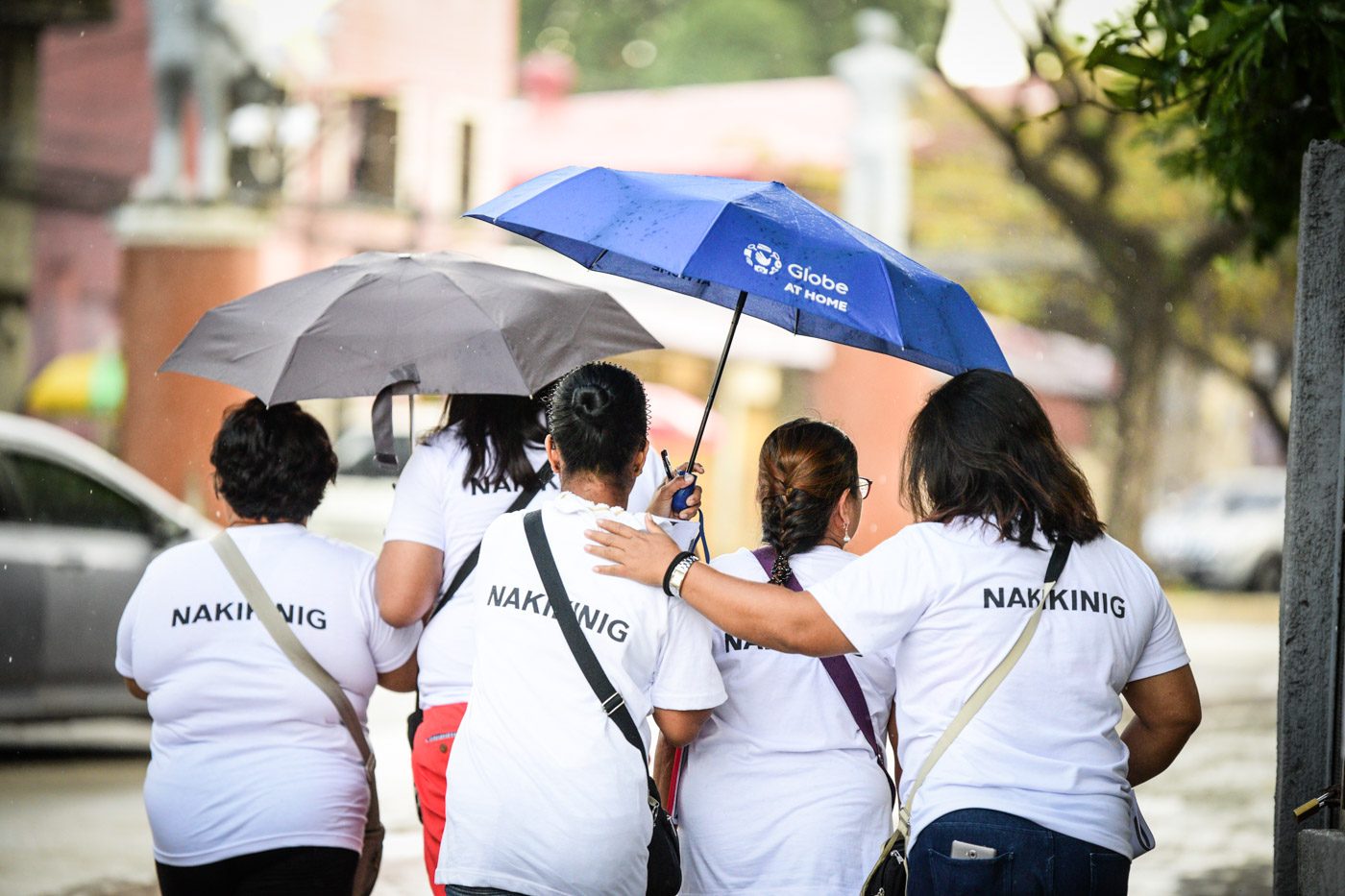
MANILA, Philippines – The sky was overcast, hinting at the possibility of rain, but it did not stop around 20 women clad in white to eagerly start their mission in Marikina City one Friday morning in November.
They were armed with pens, questionnaires, and t-shirts plastered with the words, “Nakikinig (I’m listening).”
Among them was 53-year-old Bing Salas, who decided to enter a small eatery in a narrow residential lane on the day Rappler tagged along with her in 2018.
Like the other volunteers, Salas had a simple task: ask 8 questions to any resident willing enough to talk, and jot down their answers in the questionnaire or a customized app in her phone.
In her timid voice, Salas approached a group of salesmen who were on their lunch break.
“Ako po si Bing Salas. Puwede po ba kayo ma-interview para po sa Project Makinig? Project po ito ng Liberal Party (LP). Walong katanungan lang po, 15 minutes lang,” Salas said.
(I am Bing Salas. May I interview you for Project Makinig? It’s a project of the Liberal Party. Just 8 questions, 15 minutes.)
Though reluctant at first, the salesmen agreed to answer Salas’ questions, puffing on their cigarettes every now and then during the interview.
Salas then knocked on the doors of nearby houses and repeated the same process.
Salas is among the 9,800 volunteers of Project Makinig, the listening campaign launched in October 2018 by the once-ruling LP as part of its bid to redefine itself since losing its massive membership in the aftermath of Rodrigo Duterte’s rise to the presidency.
Salas, a housewife, said she joined Project Makinig because she found it “interesting” and another opportunity for her to help the community.
But for LP the listening campaign means so much more – an admission of their mistakes in 2016, an ongoing process to reform the party, and, of course, a strategic tool for the “Otso Diretso” senatorial slate of the opposition.
LP, the listening party
Senator Francis Pangilinan, LP president and campaign manager of Otso Diretso, told Rappler that Project Makinig is part of the party’s “continuing effort precisely to go back to our voters and the non-politicians.”
Pangilinan said LP learned at least two things since they fell from power in 2016: that they did not address turncoatism within the party, and that they failed to connect to a wider spectrum of Filipino voters. (READ: The fall of the ‘dilawang’ Liberal Party)
He said they expected the political butterflies to leave LP after Duterte became president. But they also lost allies because these people were facing real, even violent, threats just for being associated with LP. Pangilinan said some ended up in Duterte’s narco list, while the house of a mayor in Mindanao was supposedly strafed.
“So there is a real threat of being a member of the party in the grassroots…. So the lesson there is, as a matter of strategy, we said, kung gano’n din lang, unawain na lang natin ‘yong mga pulitiko dahil hindi biro ‘yong mga pananakot at paninira sa kanila. Puntahan natin ang mga non-politicians,” he said.
(So at the grassroots there is a real threat for being a member of the party…. So the lesson there is, as a matter of strategy, if that’s what is going to happen anyway, let us not take it against the politicians because the threats they receive are no joke. Let us go to the non-politicians instead.)
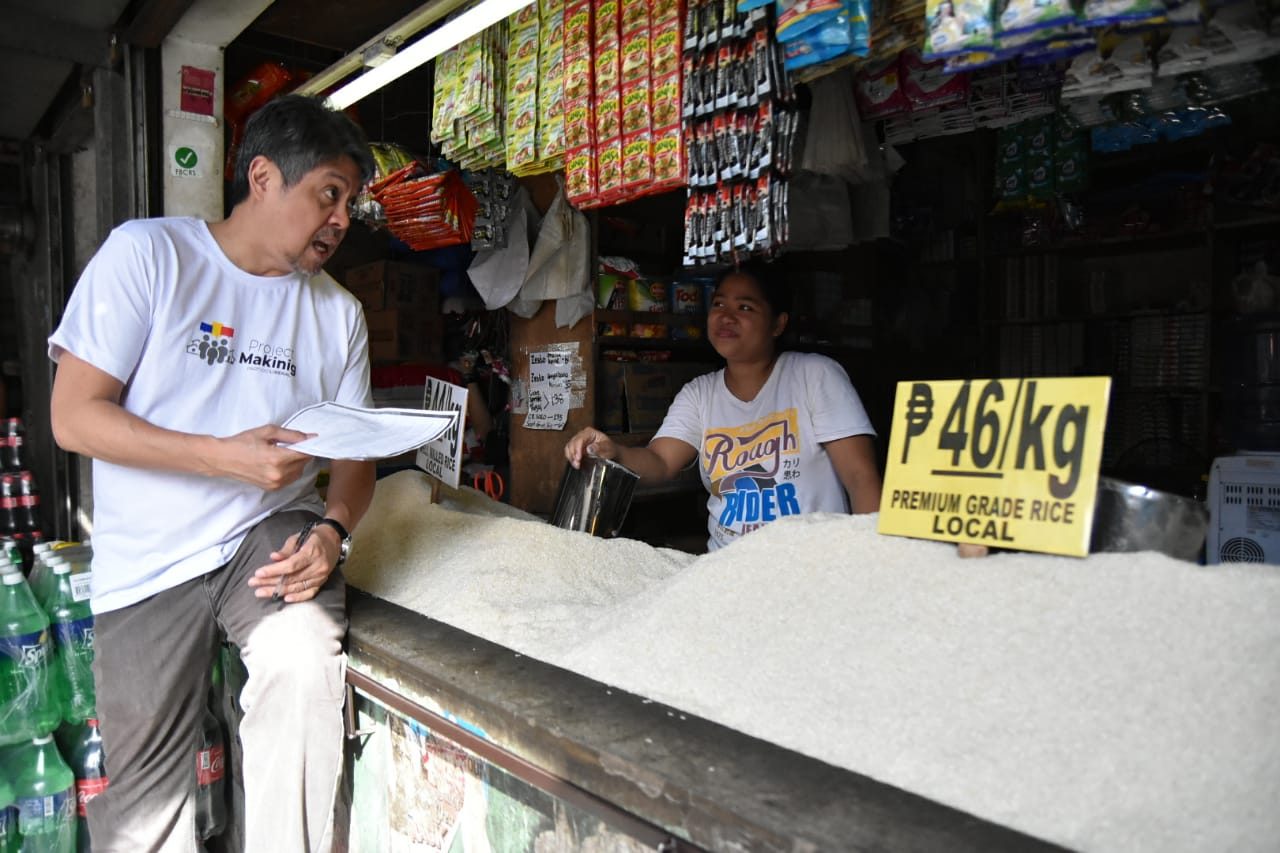
Under the Duterte administration, “dilawan” – from LP’s signature color yellow – has become a derogatory term. Pangilinan refused to describe LP as a broken brand, arguing the party did win the vice presidency as well as other national and local officials in 2016.
But he admitted LP lost the presidential race because that they failed to comprehend what the voters were looking for 3 years ago.
“We did fall short, definitely, in terms of being able to connect with a significant number of the voters. Otherwise, we should have won, right? I mean, at least the presidency. So, yeah, we fell short in terms of being able to connect, connect effectively to win the presidency. But that doesn’t mean it’s a broken brand,” said Pangilinan.
LP’s standard-bearer in 2016, former interior secretary Mar Roxas, finished second to Duterte in the presidential election. Roxas’ 9.7 million votes was a far cry from Duterte’s P16 million votes.
Now, the losing presidential bet is running for senator under Otso Diretso, the LP-led coalition. Roxas is one of the only two senatorial candidates from the opposition who have so far made it to the so-called winners’ circle in pre-election surveys. The other one is reelectionist Senator Paolo Benigno “Bam” Aquino IV.
When Pangilinan became LP president months after the May 2016 polls, the party shifted its focus to the grassroots. They started recruiting non-politician members, holding monthly oath-takings.
Roughly two years later, Project Makinig was born. It is the party’s attempt to understand what ordinary Filipinos need by literally knocking on their doors and asking them about their dreams – both for themselves and for the rest of the country.
“We felt perhaps – and [it’s] part of the redefining of the party – let’s listen to the voters, get their sense, in the hope that we will learn from it and be able to act and serve them better,” said Pangilinan. (READ: Robredo hopes more ‘advocates’ to ‘professionalize’ LP)
Dreams of the Filipino
Project Makinig was patterned after the listening campaigns of former United States president Barack Obama and French President Emmanuel Macron.
Key managers of Project Makinig have identified specific cities and provinces to go to. Volunteers have held more than 100,000 conversations so far.
Interviewees are asked these 8 questions:
- “Ano po ang pinakamagandang nangyari sa buhay mo noong nakaraang taon? (What’s your best memory from last year?)”
- “Ano naman po ang inaasahan o pinapangarap ninyong magandang mangyayari sa susunod na taon? (What good things or dreams do you look forward to in the next year?)”
- “Ano po kaya ang puwedeng maging hadlang para maabot ninyo ‘yong nabanggit ninyong pangarap para sa susunod na taon? (What hurdles do you anticipate that will get in the way of achieving this?)”
- “Ano po ang nakikita ninyong magandang nangyayari sa Pilipinas ngayon? (What works in the Philippines today?)”
- “Ano naman po ang hindi magandang nangyayari sa Pilipinas ngayon? (What doesn’t work in the Philippines today?)”
- “Ano po kaya ang inaasahan ninyo mula sa gobyerno? (What should Filipinos expect from government?)”
- “Ano naman po ang kinakailangang gawing proyekto o programa ng gobyerno sa lalong madaling panahon? (What concrete, easy, and immediate measure should government do?)”
- “Ano po kaya ang magagagawa nating mga ordinaryo o pangkaraniwang mamamayan para makatulong sa bayan? (What can ordinary Filipinos like us do to help the country?)”
Volunteers are repeatedly reminded their task is to only ask the questions. They cannot respond to the answers, even if the interviewees are against LP. If residents refuse to be interviewed, the volunteers should respect their decision and move on to another house.
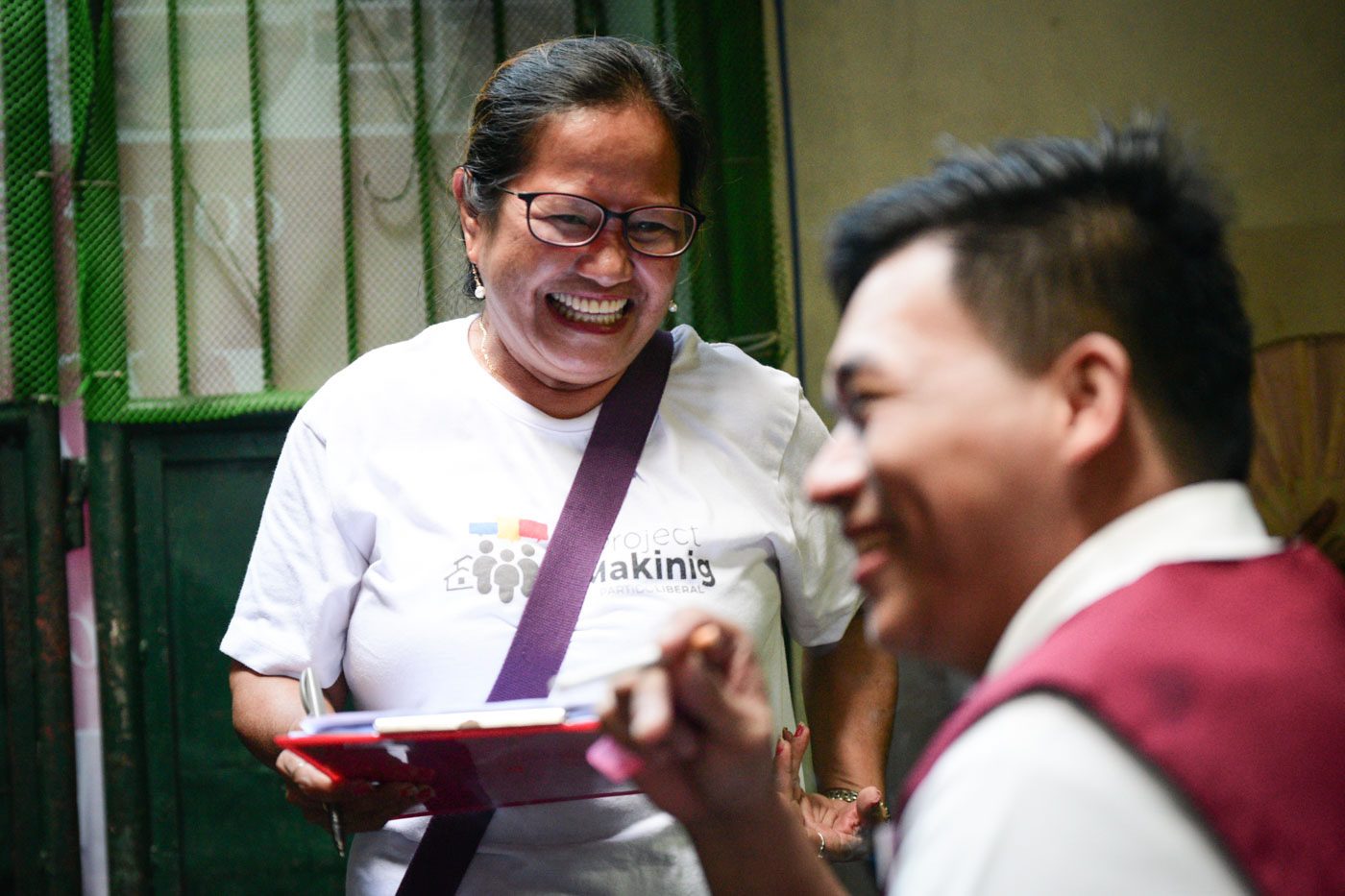
Asked what these questions aim to achieve, Pangilinan said, “We will improve our messaging because of it.”
When Rappler joined the Project Makinig activity in Marikina, a good number of Salas’ interviewees considered major family events – from graduations to salary raises, to relatives working abroad coming home for Christmas – as among the good things that happened to them in their personal lives.
High prices of goods, meanwhile, was among the top national concerns of the interviewees.
“Pareparehas ‘yong hinaing ng karamihan – ‘yong hirap ng buhay, taas ng bilihin. Meron diyan na mga galit dahil wala raw pagbabago ang ating gobyerno,” said Salas.
(The concerns of many are the same – how hard life is, high prices. Others are angry because there have been no changes in government.)
Ivan Picazo, Project Makinig volunteer engagement manager, also said he is happy to listen to the interviewees’ suggestions on how to improve the country.
“Ang sinasabi ng karamihan sa kanila, tumulong tayo, ‘wag kontra nang kontra. Tapos, kahit mahirap tayo, dapat may gawin tayo. Sumunod tayo sa batas at saka sa programa ng gobyerno,” said Picazo.
(Many of them are saying we should help, and not just keep on criticizing. Even if we are poor, we should do something. We should follow the law and [support] programs of the government.)
These answers helped shape the messaging of the opposition’s senatorial slate since the beginning of 2019. From last year’s “Oposisyon Koalisyon” – literally just opposition coalition in Filipino – the slate is now called Otso Diretso or Straight Eight.
“It is Otso Diretso as a call to action. The insights gathered as a result of Project Makinig was instrumental in guiding us,” said Pangilinan.
“We recognize that while 6 out of our 8 candidates are virtual unknowns, all 8 have sterling track records that make them eminently qualified and, thus, we urge the voters to consider all 8 as a team ready to push for meaningful legislation that will address the gut issues of poverty, jobs and higher incomes, and better pay, among others,” he added.
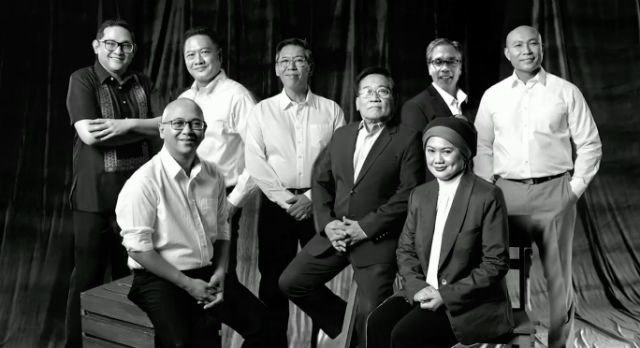
Listening was also a major theme in Otso Diretso’s first campaign advertisement that was aired on national television. (READ: New ‘Otso Diretso’ ad: Who will benefit from your vote?)
The ad featured the 8 candidates literally listening to the members of a Filipino family – all reminiscent of what volunteers of Project Makinig are doing on the ground.
The ‘Makinig’ volunteers
The Otso Diretso candidates – Roxas, Aquino, Magdalo Representative Gary Alejano, human rights lawyer Chel Diokno, Marawi civic leader Samira Gutoc, ex-solicitor general Florin Hilbay, election lawyer Romy Macalintal, and ex-Quezon congressman Erin Tañada – have conducted the door-to-door listening campaign in some areas already.
Pangilinan and Vice President Leni Robredo, as well as the parties and groups associated with the 8 senatorial bets – Magdalo, Akbayan, Team Pilipinas, among others – have been tapped as well.
Even the Vice President’s daughters Aika and Tricia, and Roxas’ son Paolo have joined Project Makinig.
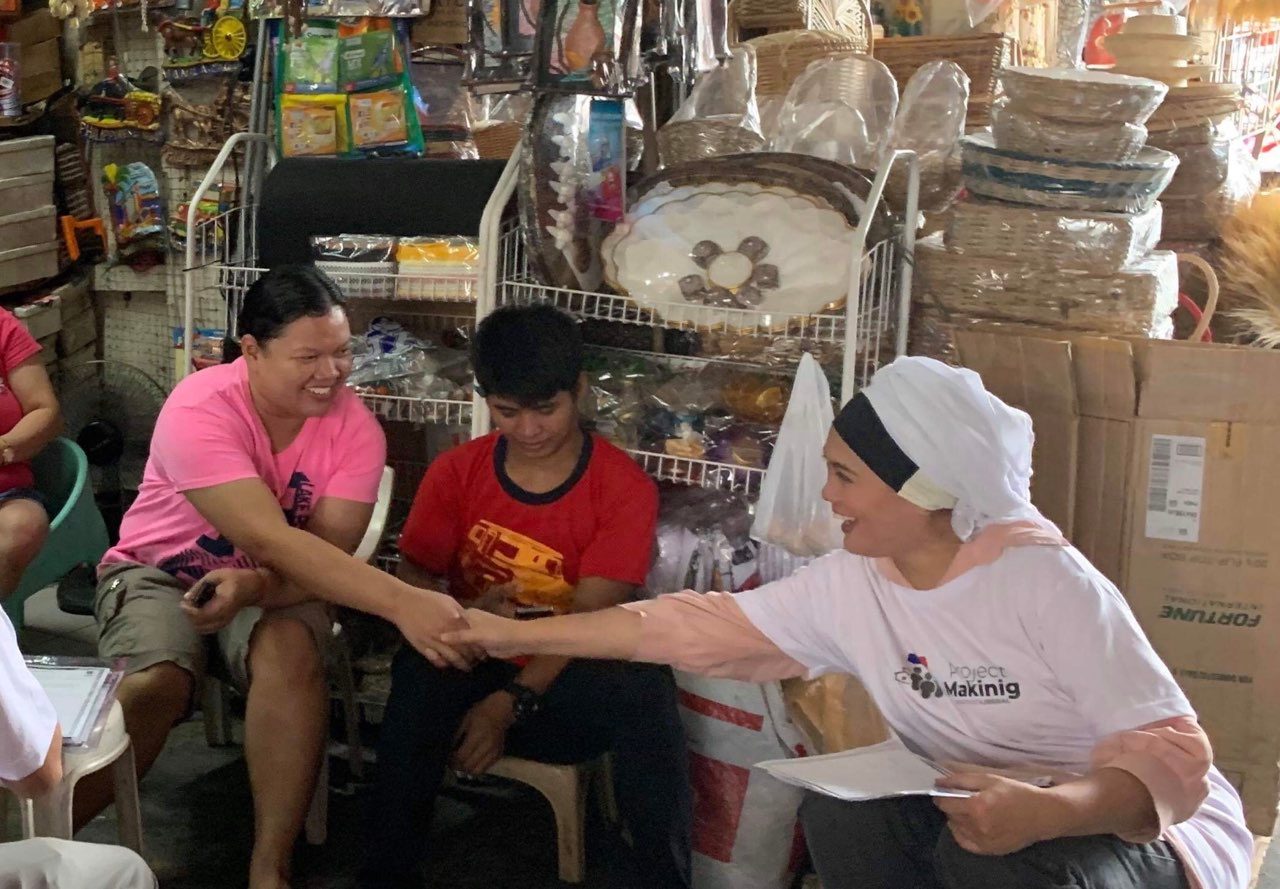
The only ones who receive salaries are the core team of Project of Makinig, like those who drafted and studied what questions should be asked and how to make sense of them later on. The rest, like the members who do the interviews, simply volunteered for the job.
Some of them were recruited online, while others are members of existing organizations that Project Makinig tapped. Salas is actually part of the Q Family, the longtime group of volunteers for LP stalwart and Marikina 2nd District Representative Miro Quimbo.
Picazo said Project Makinig gets in touch with student councils, youth groups, civil society organizations, and non-governmental organizations to look for volunteers.
The goal is to recruit people living in the cities and provinces that Project Makinig has identified for the listening campaign, so they would not have to spend for lodging or huge transportation costs anymore.
The only requirement is for the volunteer to be at least 15 years old.
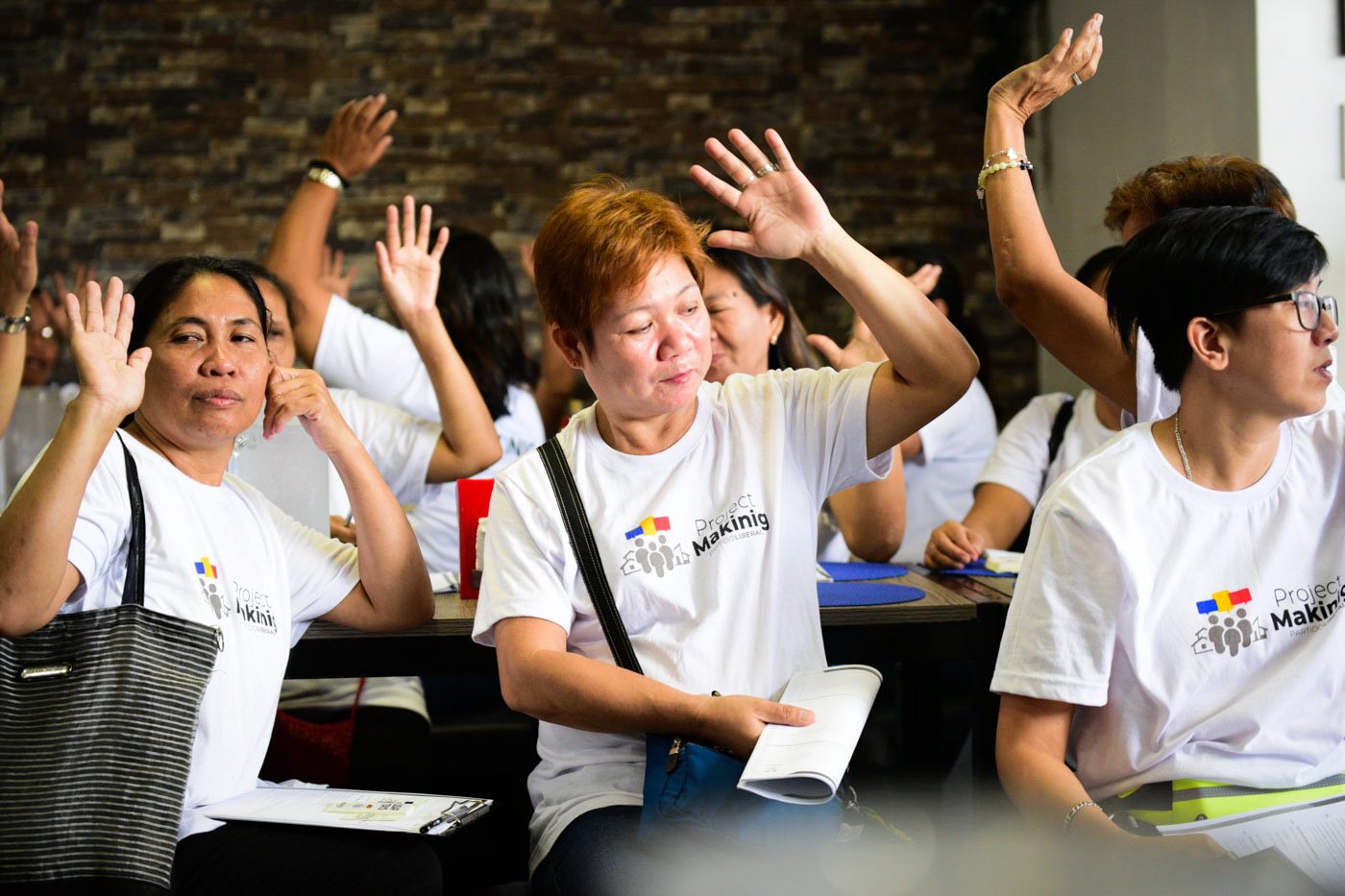
Volunteers are given free snacks, Project Makinig t-shirts, and stickers that they can give to their interviewees and keep for themselves, too.
Project Makinig volunteers are not necessarily part of the campaign teams of the Otso Diretso candidates. But if they wish to join those teams, they are free to do so.
The end goal
With no monetary incentives, however, why volunteer for Project Makinig in the first place?
Picazo, a campus missionary with the Victory church, holds a key position in Project Makinig despite not being an LP member. He said he was convinced to volunteer for the project because he wanted to be a part of a “sincere” effort to listen to the people.
“Honestly, ako, ‘di ako part ng Liberal Party. I am a campus missionary with Victory of 6 years. But when I heard about this project na parang babalik ka talaga sa tao tapos pakikinggan mo sila with no agenda…I wanted to be part of it,” said Picazo.
(Honestly, I’m not part of the Liberal Party. I am a campus missionary with Victory for 6 years. But when I heard about this project, where you will really go back to the people and listen to them with no agenda…I wanted to be part of it.)
As for Salas, she continues to volunteer because she likes to hear about what her neighbors want in life and what they think the government should do to help them achieve that.
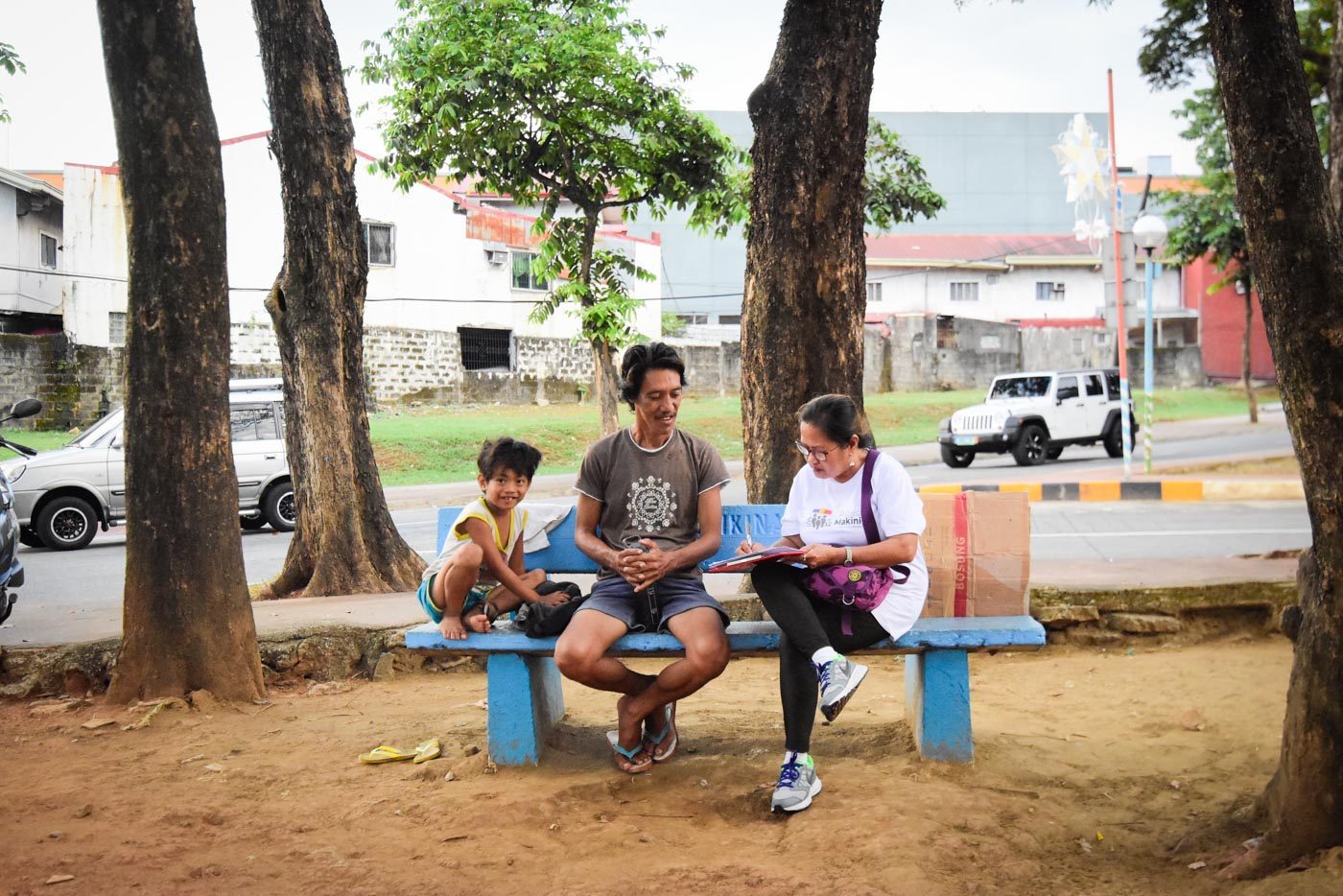
But, more than anything, the mother of 3 is hopeful that her small efforts in Project Makinig will help address the most pressing problems of the people she talks to.
“Pagka nabasa ng nasa ‘taas kung ano ‘yong karamihang [sinasabi ng] na’ndito…siguro naman, hopefully, matutugunan, ‘di ba?” asked Salas.
(When the people up there read about what people down here are saying…maybe, hopefully, the issues will be addressed, right?)
With the midterm elections just 3 months away, the challenge is on for the LP-led Otso Diretso slate to prove to Filipinos they have listened well this time – and that they are worthy of the seats they are fighting for in the Senate. – Rappler.com
Add a comment
How does this make you feel?
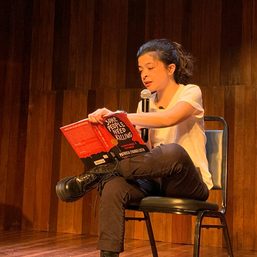


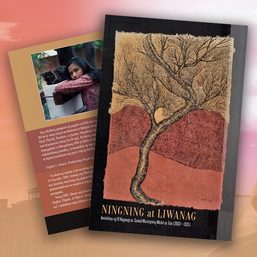

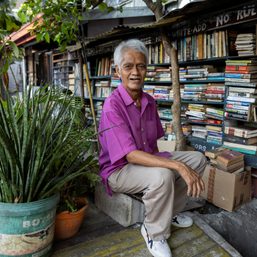

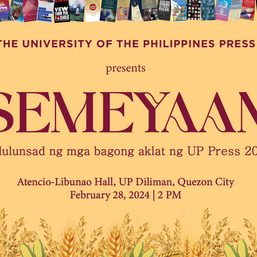
There are no comments yet. Add your comment to start the conversation.